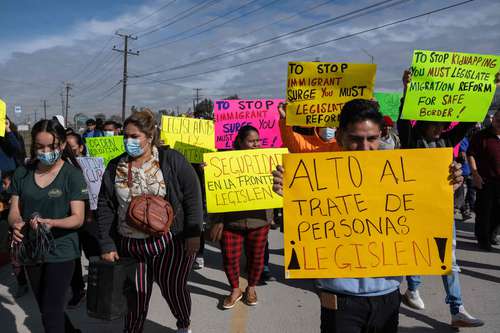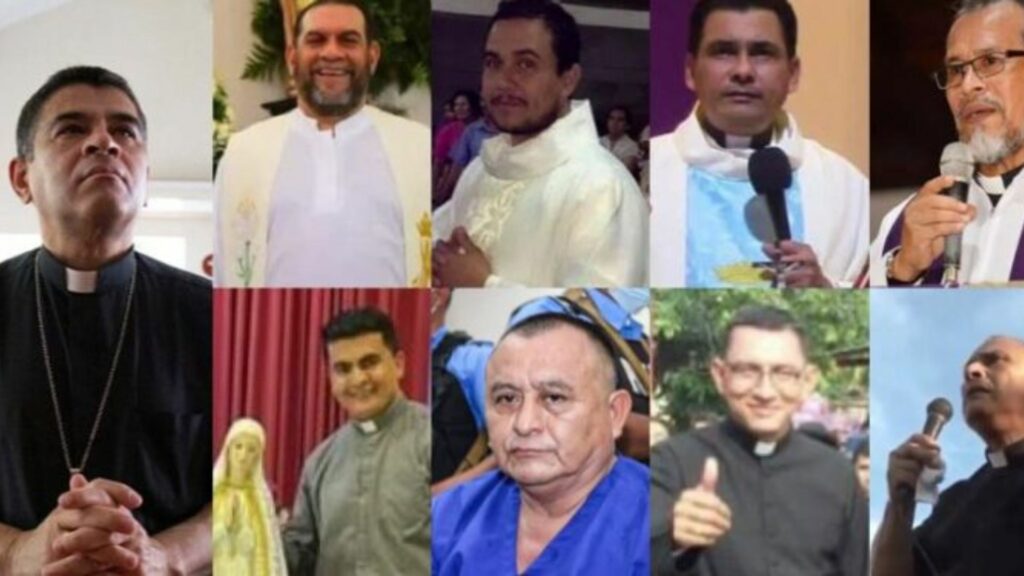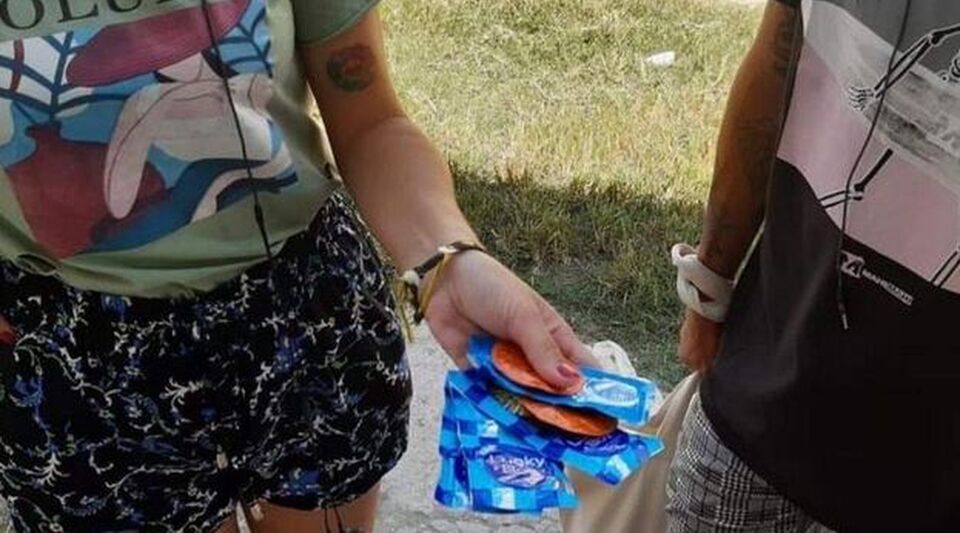▲ Most returnees are not interested in seeking refuge in the north of our country, says the manager of a shelter in Ciudad Juárez, Chihuahua. In the image, migrants protest in front of the United States consulate in Tijuana, Baja California.Afp photo
jessica xanthomila
Newspaper La Jornada
Saturday January 14, 2023, p. 6
Venezuelans, Nicaraguans, Cubans and Haitians expelled from the United States are arriving at the shelters on the northern border, particularly in Ciudad Juárez, Chihuahua, said Alejandra Corona, coordinator of the Jesuit Refugee Service located in the head of the municipality of Juárez, of that entity. .
He pointed out that after the agreement with the United States for Mexico to receive migrants of those nationalities who cross the border with that country without documents, announced on January 5, approximately 50 expellees have arrived in Ciudad Juárez per day, and the shelters They are at 85 percent occupancy.
It is estimated that 200 people can arrive a day, but that number has only been reached on three occasions
he commented in an interview. He added that to that city, above all, they are returning Venezuelans, who since October 2022 have been expelled via US policy Title 42, and Nicaraguans; to a lesser extent Cubans and Haitians.
Corona explained that both families, mothers and single fathers who migrate with their children and who are expelled, the authorities in Mexico are granting them a multiple immigration formula for humanitarian reasons so that they can be in the country for 60 days, while that the men and women who travel alone, who are the majority, they are only given an exit letter for 15 days
.
At this time, he specified, those who need it can request refuge, although -he clarified- the bulk of people are not interested in applying for this condition, at least in the north of the country
since they prefer to return to their places of origin.
For her part, Anayeli Flores, Humanitarian Affairs officer for the Reynosa and Matamoros Project, Tamaulipas, from Doctors Without Borders, indicated that although they have not yet detected the arrival of Haitians, Nicaraguans and Cubans expelled from the United States, she warned that the state would not is ready to receive them. Currently, she pointed out, in Matamoros there are more than 4,000 migrants living on the streets.
In turn, Gabriela Hernández, coordinator of the Casa Tochan shelter, located in Mexico City, explained that migrants expelled from the United States have also arrived in the country’s capital, mainly they are still Venezuelans, but there are also Nicaraguans.
He regretted that the Mexican government has accepted this agreement with the United States, to receive migrants of other nationalities, since leaves them in a more than vulnerable state and with a lot of uncertainty
about your future. For some Venezuelans and Haitians, he mentioned, returning to their country is not an option because their lives are at risk.















